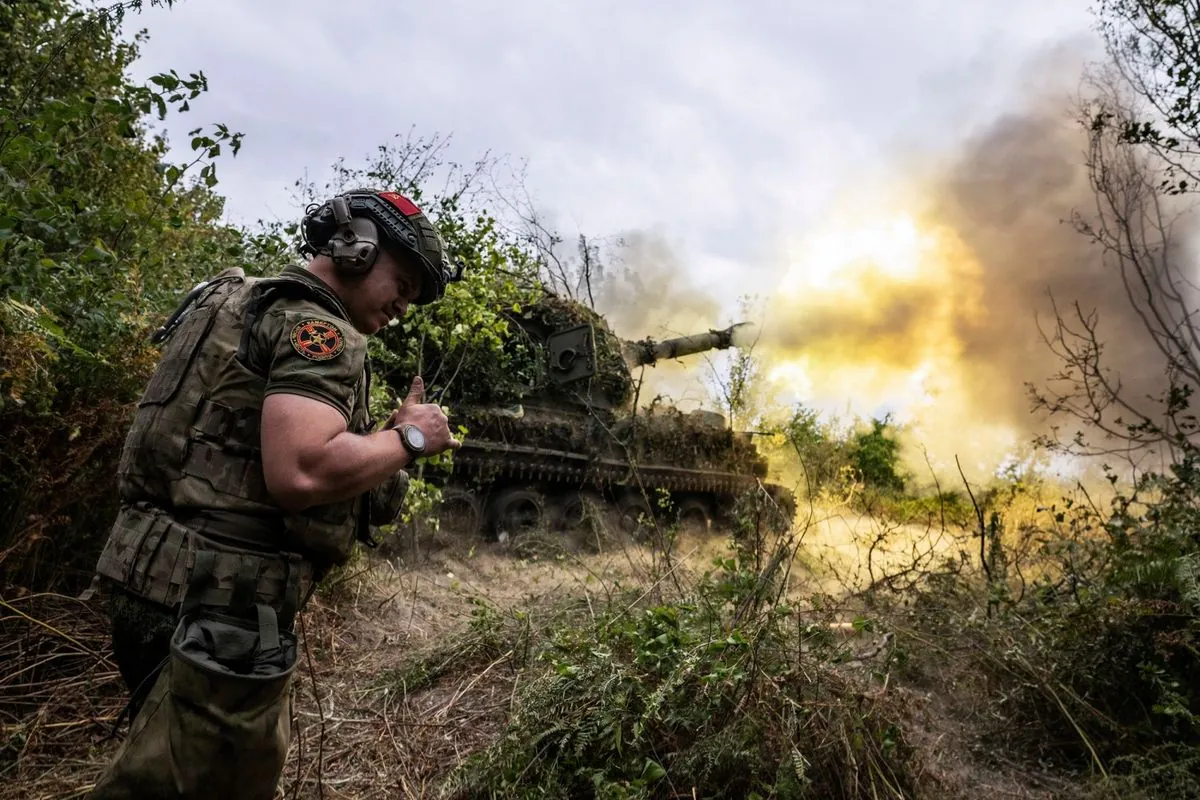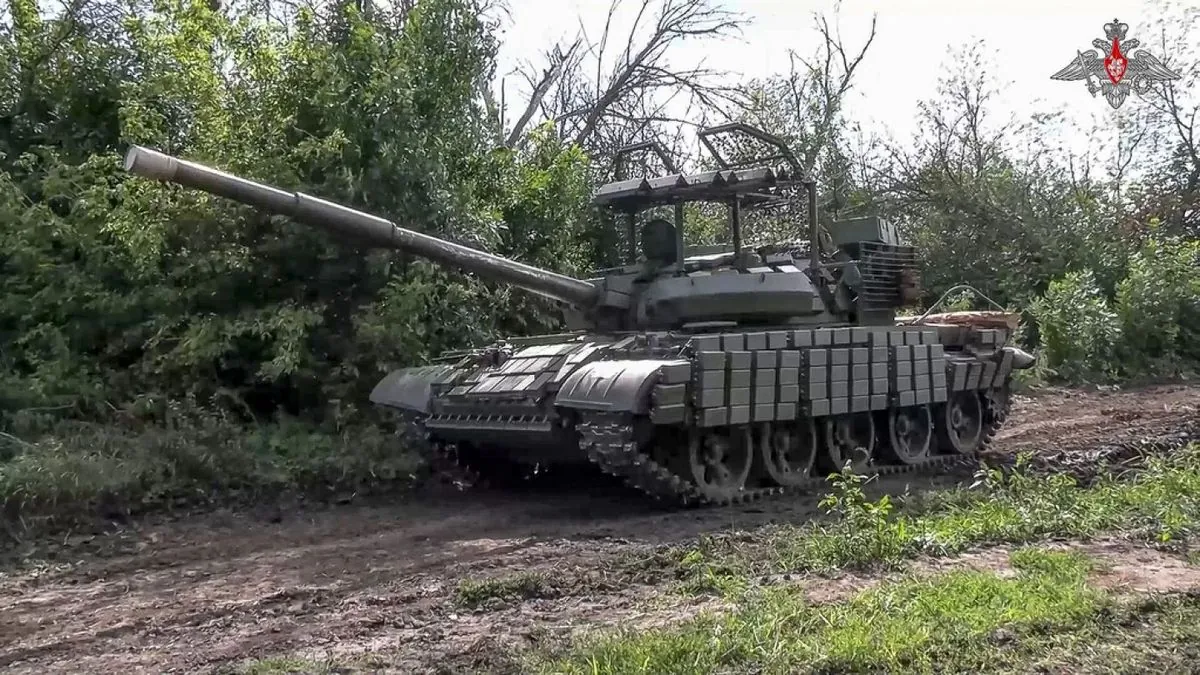Russia Claims Village Captures in Kursk, Advances in Eastern Ukraine
Russian forces report taking two villages in Kursk region, countering recent Ukrainian border breach. Advances also noted in eastern Ukraine, with Russia now controlling 18% of Ukrainian territory.

In a recent development, Russian forces have reportedly captured two villages in the western Kursk region, according to Major General Apti Alaudinov, commander of Chechnya's Akhmat special forces. This advance comes in response to a significant Ukrainian incursion into Russian territory last month.
On August 6, 2024, Ukraine launched what has been described as the largest foreign attack on Russia since World War II. The operation involved a breach of the Russian border in the Kursk region, supported by drone swarms and heavy weaponry, including Western-supplied arms.
Alaudinov, who also serves as deputy head of the Russian defence ministry's military-political department, stated that Russian forces have taken control of Nikolayevo-Darino and Darino. These villages are situated approximately 15 kilometers from the front lines established by Ukrainian forces in August. This new position potentially allows Russian forces to target Sverdlikovo, which Ukraine has been utilizing as a logistical center.

The Russian commander asserted, "Our entire front has moved forward," adding that Russian forces are also making progress in eastern Ukraine. This claim comes as part of a broader Russian counteroffensive that began earlier this month, aimed at reclaiming territory lost to Ukrainian forces.
In eastern Ukraine, Russian forces reported capturing the town of Ukrainsk on September 19, 2024. This advancement is part of Russia's ongoing efforts to consolidate its control over Ukrainian territory, which currently stands at about 18% of the country.
The Russian defence ministry has accused Ukraine of attempting to divert forces from the main offensive by launching attacks in another area to the east of Russia's advancing forces. This tactic underscores the complex nature of the conflict, which has evolved into a war of attrition and strategic maneuvers.
The ongoing conflict, which began when Russia sent troops into Ukraine in 2022, has had far-reaching consequences. It has become the largest European conflict since World War II, resulting in significant territorial changes, a humanitarian crisis with millions of displaced Ukrainians, and global geopolitical and economic repercussions.
As both sides continue to report conflicting information about territorial gains and losses, the international community remains concerned about the escalating situation and its potential long-term impacts on regional stability and global security.


































